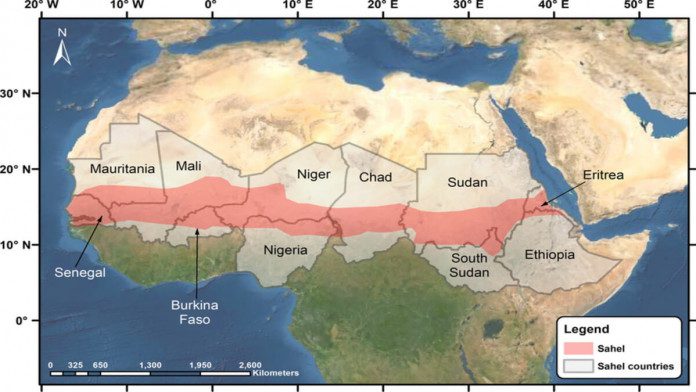News in Brief:
– A €100 million investment by Nigeria, Mali, Burkina Faso and Niger Republic aims to boost small-scale farmers’ resilience and combat desertification in the Sahel region.
– The project, known as the ‘Soil Values’ program, will focus on improving agricultural practices, promoting sustainable land management and supporting institutional investments.
Nigeria, Mali, Burkina Faso, and Niger Republic have collectively invested €100 million In a bid to strengthen food security and combat desertification in the Sahel region.
This initiative, known as the ‘Soil Values’ program, was announced by the International Fertilizer Development Centre (IFDC), with Nigeria hosting the regional launch.
The project targets small-scale food producers. It aims to improve their agricultural practices and promote sustainable land management. This will also involve participatory planning that integrates soil health, water conservation, and biodiversity.
However, this investment comes at a critical time. According to the Food and Agriculture Organization (FAO), Nigeria faces a potential food crisis in 2024, with an estimated 26.5 million people at risk between June and August. The agency attributes this risk to ongoing insecurity, resource-based conflicts, and rising food and agricultural input costs.
Nigeria as a key player
Meantime, Nigeria received the largest share of the funding (€40 million), reflecting its agricultural potential and ability to drive significant impact within the program. “We expect a lot from Nigeria,” stated Bidjokazo Fofana, IFDC’s Programme Director. “Nigeria is a very productive country and a game-changer within the Soil Values program.”
Overall, the project will provide training for farmers to enhance their practices. It will also support institutional investments and facilitate the implementation of larger programs, such as those financed by the World Bank. Prem Bindraban, IFDC’s Senior Technical Adviser added that small-scale farmers, women, and youths are the targeted beneficiaries.
Also, with a focus on Nigeria’s northern regions, the initiative aims to address gaps in the agricultural sector and align with the government’s national food security agenda.



